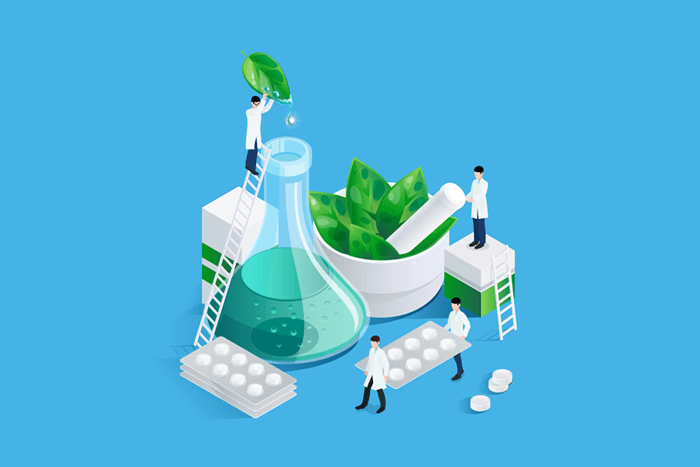Employers and Universities: Work with us?

60 Second Interview: Biotechnology apprentice
Nathan is beginning his career in biotechnology with a degree apprenticeship with Oxford Biomedica. In this interview, he explains why he chose to do an apprenticeship and how it is benefiting him in his career.
This interview is from our subject guide to biology which you can view here in our shop.

Name: Nathan
Employer: Oxford Biomedica
Job title: Biotechnologist Apprentice
Apprenticeship title: Technician scientist level 5 (applied bioscience degree)
What does your role involve?
I work in a team of biotechnologists to manufacture cutting-edge biopharmaceutical lentiviral vectors, which are used to deliver in vivo and ex-vivo products. An example is CAR-T Kymriah (CTL019) therapy, which is the first ever FDA-approved chimeric antigen receptor T-cell therapy for the treatment of acute lymphoblastic leukemia in children.
My apprenticeship involves working within a ‘good manufacturing practice’ environment: aseptic techniques and sterility are key. We use the newest cell and gene therapy technology, such as bioreactors, for the cultivation and manipulation of mammalian cell lines to produce the vectors. Normally my team will have a morning meeting with biotechnologists, team leads and senior production managers, highlighting the agendas for the day and going over any crucial information. The specific batch process for that day will be stated and a process lead and team will be chosen.
I complete related documentation, create scientific reports, carry out environmental monitoring of clean rooms, clean, and do stock checks and ordering. One day per week, I study my online applied bioscience foundation degree from the University of Kent, doing required coursework, exams and further reading.
What subjects did you study?
My A-levels were chemistry, biology, psychology, with maths at AS level.
How do you use your knowledge of biology in your role?
What I learn in my degree apprenticeship coursework helps me in my role. Learning about cell lines in detail, from their culture and subculture routine, structure and function, origins, receptors and growth curve wasn’t a necessity for my role, but has helped hugely when trying to understand the science behind each process.
Why did you choose to do an apprenticeship?
The idea of gaining three years of work experience with a leading company, while gaining a foundation degree with no student debt is what inspired me to apply for an apprenticeship. I was interested in the biotechnology sector because you know your work is making a difference.
How did you adjust to working life?
I found the biggest challenge was the amount of information I had to remember. There’s a lot of information to take on board at the beginning of the role, and mistakes are inevitable. I found keeping organised notes (eg ‘how to...’) really helped to overcome this problem, along with gaining more experience through day-to-day work.
What are the two most important transferable skills you use in your role?
The first is organisation: organising personal notes, training documentation etc. is key to efficient work and minimises confusion and mistakes. Secondly, having a real eye for detail is essential in the science sector.
What advice do you have for someone who wants to do your role?
Be willing to work hard and stay organised, particularly at the start of the apprenticeship. Plan your time wisely and stay enthusiastic about both the job and the apprenticeship.
Check out our Science & Research Career Zone to find out more about roles in this field.
Images: Lead image by macrovector via Freepik
